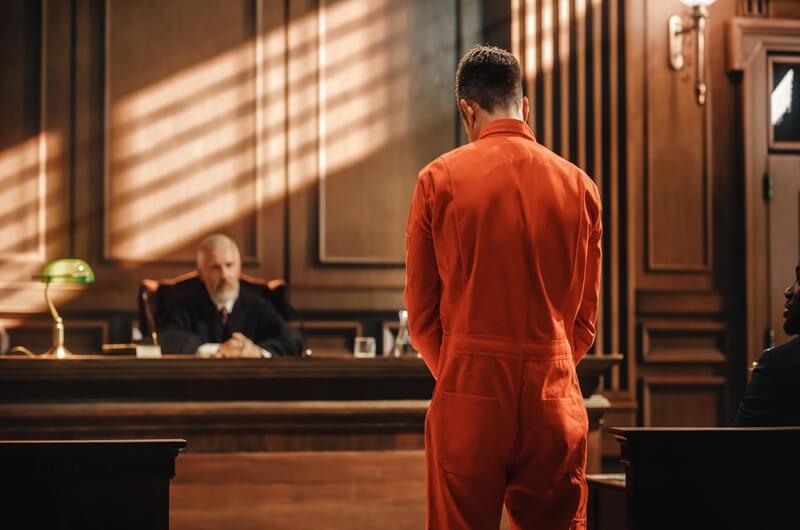
Theft charges can turn your life upside down, bringing the risk of jail time, hefty fines, and a criminal record...

Theft charges can turn your life upside down, bringing the risk of jail time, hefty fines, and a criminal record...

Facing accusations of stealing can turn your life upside down in an instant. The legal system in Fairfax County takes...

Facing accusations of stealing can turn life upside down, especially if there’s already a record of past offenses. In Fairfax...

Shoplifting is one of the most common offenses in Virginia, but many people don’t realize how serious the consequences can...

Being accused of stealing can be stressful, especially if you don’t understand the charges against you. Virginia law classifies theft...

Being accused of theft can be overwhelming, especially if it was never intentional. Many assume that simply explaining the mistake...

Petty theft, or petit larceny, may seem minor in Fairfax County, but a petty theft conviction can create lasting legal...

Being accused of petty theft for the first time can be stressful. Many people facing this charge have never had...

A petty theft charge may seem minor, but it can leave a lasting mark on a person’s life. The legal...

In Fairfax County, Virginia, theft crimes fall under two main categories: grand larceny and petit larceny. The distinction between them...
Most Recent Posts
Categories
Tags

We are on a a mission at Fairfax County Criminal Attorneys to provide exceptional services and client satisfaction.

Gain Peace Of Mind & Protect Your Future With The Powerful & Compassionate Representation Of Fairfax County Criminal Attorneys!
Services
Copyright © 2025 Fairfax County Criminal Attorneys – All Rights Reserved.